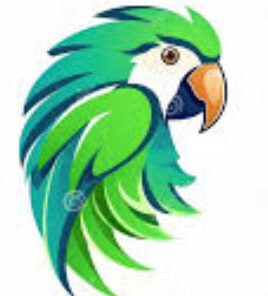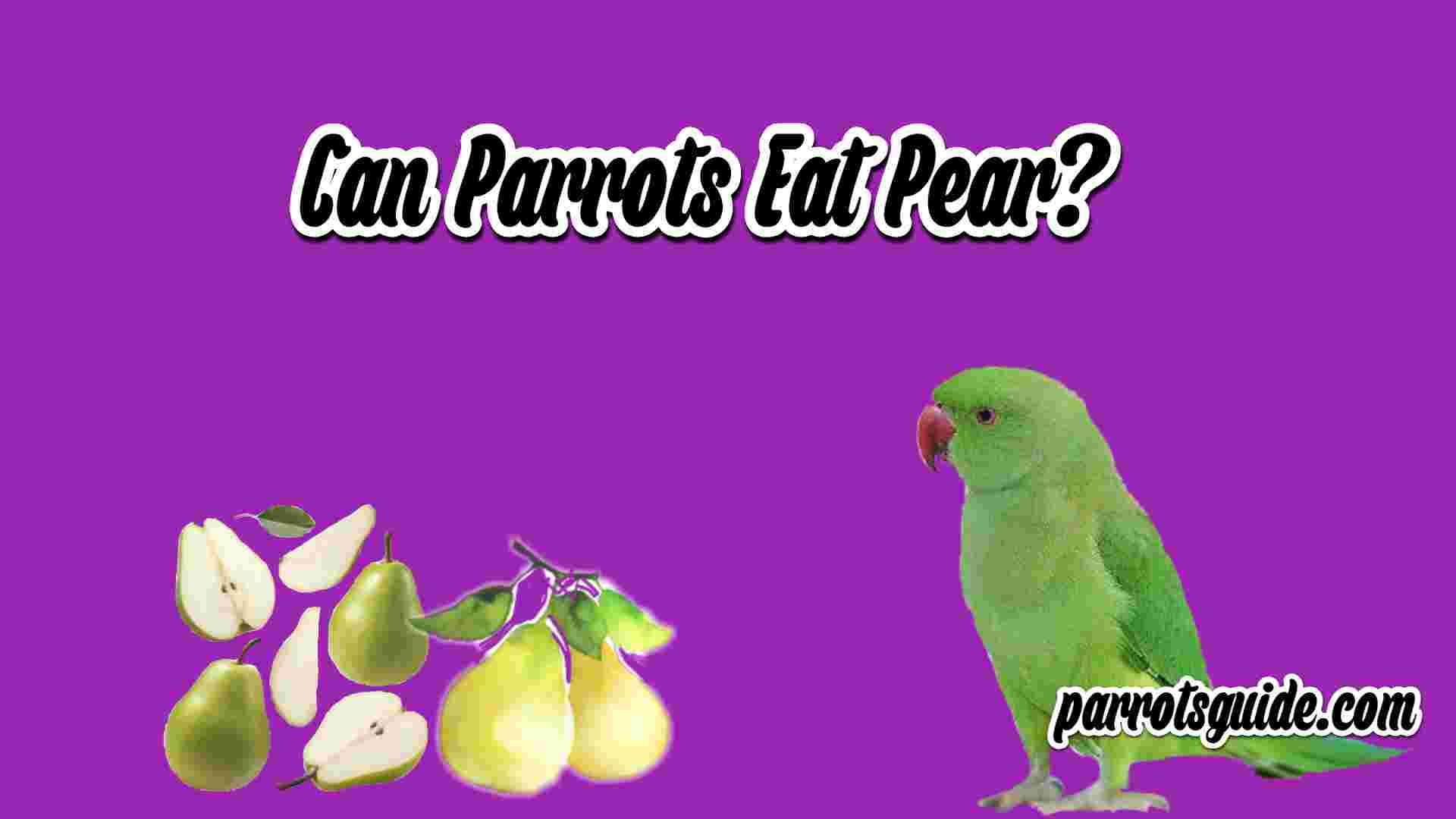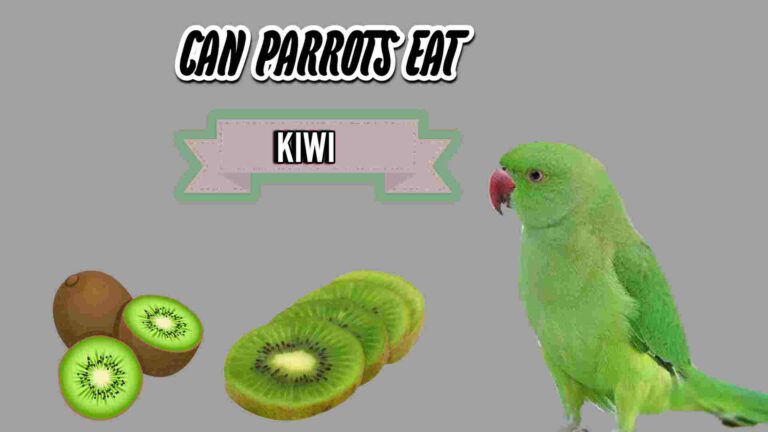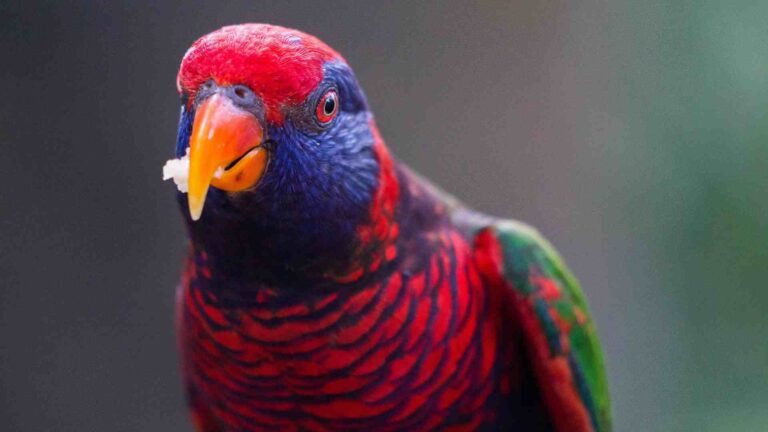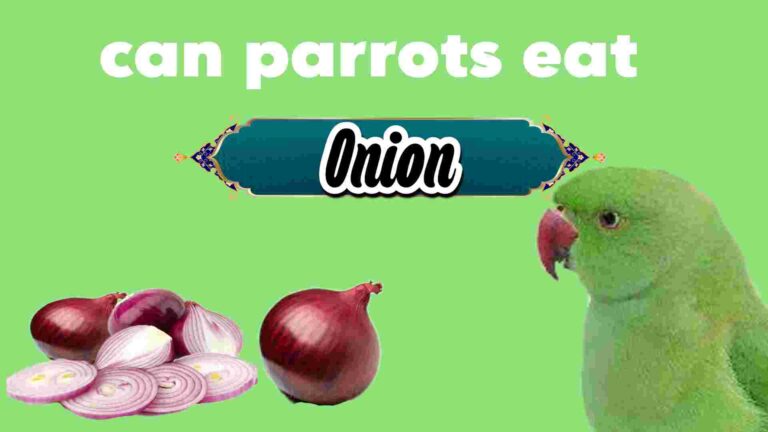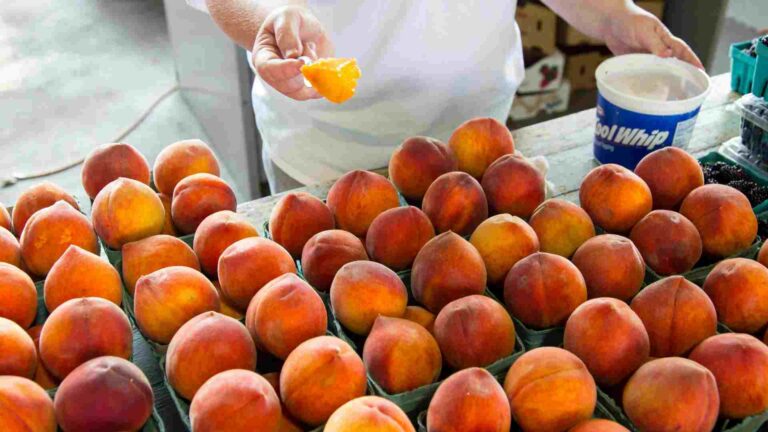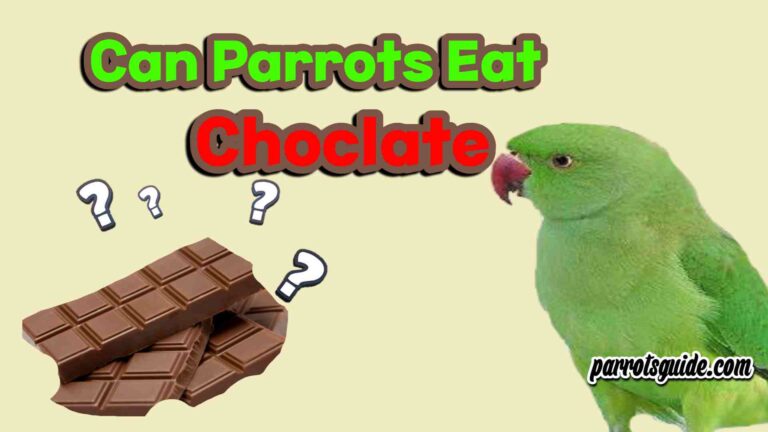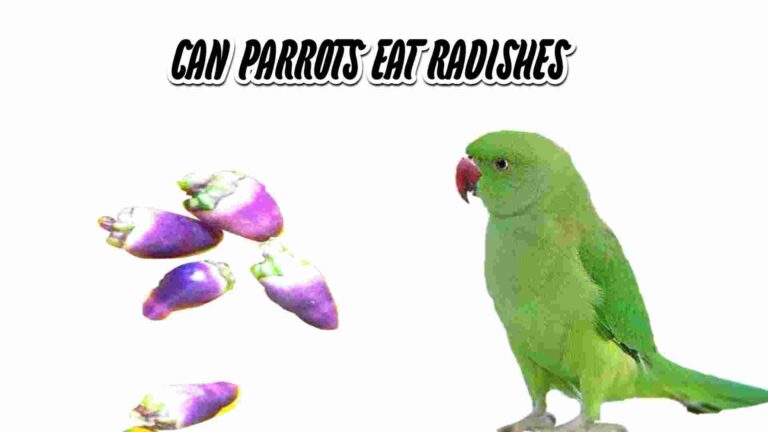Can Parrots Eat Pear?
The owners should feed the parrots with fruits, vegetables, seeds, and nuts. They should also be aware of which foods are acceptable for the parrots. Can parrots eat Pear? Yes, pears are the safe choice of food for parrots and it would be healthy and fun for your parrot to eat them.
Pears have vitamins and fiber which help in the health of your parrot is advisable that limited portions be given and nail and seed removal be done because these substances are poisonous. Ensure you wash the fruit well before preparing and feeding it to your parrot to avoid spoiling its health.
Why Pear Should Be a Part of Parrot’s Diet
Pears belong to the parrot diet because they contain important vitamins for the parrots, such as C and K, and dietary fiber to help the digestive system of the parrot. It also has a natural sweetness which makes it suitable for parrots since they will enjoy the prospects of a new taste and feel of their beak. Adding things like pears among many other fruits can help add variety in nutritional value; add variety to your parrot’s diet and play a key role in its health.
Are Pears Safe for Parrots?
Yes, pears are safe for parrots to eat, and they can be a healthy part of their diet when given in moderation. Parrots should be given pears sparingly, although they can consume pears without anything being wrong. Many of the nutrients contained in pears such as vitamins, fiber, and antioxidants may be essential for the health of a parrot. The parrot should well eliminate the seeds and core since they contain trace amounts of toxic cyanide. You should always clean it and cut it into small pieces that cannot cause complications if swallowed.
Nutritional Profile of Pear
Pears contain vitamins and minerals, making them a healthful fruit. However, one finds high amounts of vitamin C, which is crucial for immunity and the shield against oxidative stress. Furthermore, pears are a source of vitamin K essential in blood coagulation and bone metabolism. Pears also contain dietary fiber to assist in digestion and lessen constipation in parrots.

In minerals, Pears contain the potassium necessary for the proper functioning of the heart and muscles as well as magnesium & calcium in small portions. Low in calories and natural sugars, pears are a healthy option for your parrot’s snack time, to ensure your parrot gets good nutrients without the extra calories.
Proportionate nutrient dietary values outlined here, provide the above benefits, which are favorable for sustaining the health of a parrot in addition to encouraging a healthy diet.
Potential Benefits of Feeding Radishes to Parrots
Because of their high nutritional content, feeding pears to parrots can provide the parrot with several benefits,
![]() Pears are low in cholesterol calories but contain vitamins C and B6 and minerals like potassium and calcium. Vitamin C helps build the immune system, while B6 assists in correct brain operation.
Pears are low in cholesterol calories but contain vitamins C and B6 and minerals like potassium and calcium. Vitamin C helps build the immune system, while B6 assists in correct brain operation.
![]() The parrots’ stomachs become highly humid due to the large amount of water in pear slices this improves their water intake and aids in digestion, making their stomachs healthy.
The parrots’ stomachs become highly humid due to the large amount of water in pear slices this improves their water intake and aids in digestion, making their stomachs healthy.
![]() Also, there are natural antioxidants in pears that can contribute to decreased inflammation in the body and promote well-being. Pears can add a variation in texture which is likely to attract the attention of a parrot on food.
Also, there are natural antioxidants in pears that can contribute to decreased inflammation in the body and promote well-being. Pears can add a variation in texture which is likely to attract the attention of a parrot on food.
![]() The hardness also makes the parrot chew on it, which is good for their beaks to wear naturally. Do not salt or boil them in any way as certain types of ingredients are toxic for parrots.
The hardness also makes the parrot chew on it, which is good for their beaks to wear naturally. Do not salt or boil them in any way as certain types of ingredients are toxic for parrots.
Risks of Feeding Pear to Parrots
Everything in moderation is a good rule and is particularly true when it comes to feeding parrots; however, pears come with a couple of dangers. The seeds and the kernel part contain cyan hydric acid which is injurious to the parrots hence they must be discarded when serving the fruits.
Also, they can suffer from digestive disorders or even obesity if they are supplied with excessive amounts of pears or other fruits containing natural sugar. However, you should serve the pears a little so that the main feeders are pellets, vegetables, and other foods that are safe for parrots.
How to Safely Feed Pear to Parrots |
|---|
|
Tips for Feeding Pear to Parrots
When feeding pears to parrots, ensure that you clean the fruit well so that you clear it off any pesticide. Be sure to never eat the seeds or core of the fruit because parrots do not eat the seeds and they contain small traces of cyanide. Do not give the pear in large pieces to avoid the parrot’s choking on the food; it should be raw pear without any addition of sugar or salt.
For each serve, limit the number of pears given to prevent too much sugar intake for your parrot and ensure a balanced portion. Parrots can be given a variety of safely yummy fruits and vegetables to prevent monotony while preparing their food.
Can Parrots Eat Pears Seeds?
No, parrots cannot eat pear’s seed. Parrots should not be given pear seeds as they are harmful to them in some way or another. Cyanogenic compounds are present in the seeds of apples and most pome fruits and pears, releasing cyanide when metabolized.
Some seeds contain insignificant amounts of cyanide that would not kill a large parrot outright but, consuming it repeatedly or eating many seeds may be toxic. However, to ensure that your parrot is safe you should remove seeds from the pears before feeding your parrot. That is the pulp and the skin of a pear itself is not remotely toxic and it is safe to feed to parrots in moderation.
Can Parrots Eat Pear Skin?
Yes, Parrots can eat pear skins. But after washing carefully to remove pesticides, dirt, and chemicals. Pear skin is safe and contains additional fiber and nutrients that can benefit your parrot’s digestion and overall health.
For any new foods hence it remains best to introduce them gradually and then keep observing the reactions they trigger on the little one. Similarly, pears should enhance a diet of pellets and other fruits and vegetables.
Can Baby Parrots Eat Pears?
Yes, baby parrots can eat pears. A baby parrot can take pears, although only in a limited portion because with the natural sugar it contains it has to be well cooked. Pears consist of vitamins and are fiber-packed but the core and seeds should not be fed to parrots because the toxicity of cyanide content is relatively high for parrots.
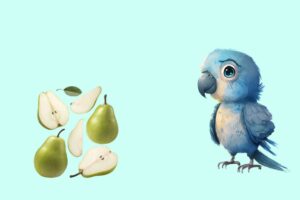
It is important not to serve an unripe pear that is hard to chew or choke on as well the pear must be diced into small portions. For any new foods hence it remains best to introduce them gradually and then keep observing the reactions they trigger on the little one. Similarly, pears should enhance a diet of pellets and other fruits and vegetables.
Alternative Vegetables for Parrots
If your parrot doesn’t enjoy a pear or you want to diversify their diet, there are many other vegetables to consider:
Carrots: Good source of beta-carotene, thus improving vision and the immune system of the parrot.
Cucumbers: I guess they are more of a water and fiber pack since they are crunchy and helpful for your parrot.
Leafy Greens (Kale, Spinach): Packed with vitamins and minerals though should be accompanied by a little portion because of their oxalic acid content.
Bell Peppers: Rich in Vitamin C and antioxidants they’re quite sweet small crunchy morsels for parrots to munch on.
This makes sure that your parrot gets to feed on those vegetables that will be rich in nutrients.
Conclusion
Pears can be a nutritious and enjoyable part of a parrot’s diet when fed safely and in moderation. Balancing fruits, vegetables, and other foods is the ultimate way to keep your parrot healthy and happy.
Pears should be washed before feeding them to your parrot and since not all parrots take small portions initially you should be careful when feeding pears. If you include many types of vegetables, including the wonderful pears your parrot’s diet remains healthy and interesting.
